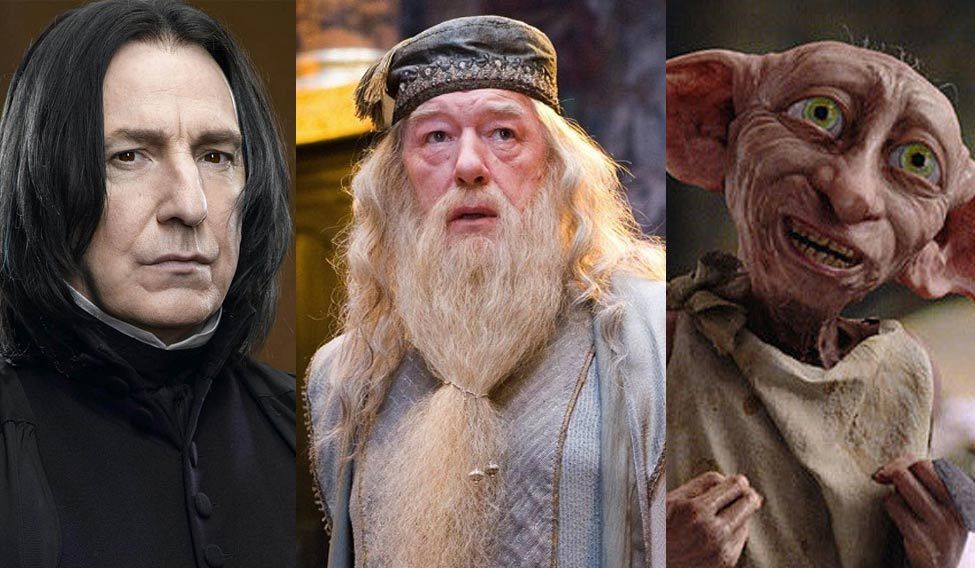Harry Potter came to me, not flying fresh off a shelf in a bookstore, but as a worn paperback tucked in a philosopher friend’s bag. And, magic happened. So did love. Of course, loss followed.
There has been no dearth of deaths in the series. Every time a character died, it left readers with a sinking feeling in the pit of their stomachs, only for it to lunge out in shrieks of ‘NOOOOOOOO!’ and ‘WHYYYYY?’. The collective screams must have reached J.K. Rowling and haunted her over the years, which is why, perhaps, she started apologising for killing off characters.
On May 2, 2015—the 17th anniversary of the Battle of Hogwarts—she tweeted: “Today I would just like to say: I’m really sorry about Fred. *Bows head in acceptance of your reasonable ire*” For a while, laughter, like the Weasley household, went silent with Fred's death.
Last year, Rowling shed a tear or two for our favourite Defence against the Dark Arts professor, Remus Lupin (Moony). She tweeted: “Arthur lived, so Lupin had to die. I’m sorry. I didn’t enjoy doing it. The only time my editor ever saw me cry was over the fate of Teddy :’(.” Mourning for Moony was all the more painful because both he and his wife, Nymphadora Tonks, died in the battle, leaving behind their newborn son.
This year, the Half-Blood Prince, Severus Snape, received a nervous apology: “OK, here it is. Please don't start flame wars over it, but this year I'd like to apologise for killing (whispers)... Snape. *runs for cover*” There is just one word for the man with shades of grey who taught us what true love is—Always.
The Battle of Hogwarts saw many deaths, known and unknown, but death left its bloody trail throughout the series. Death, as a theme, is introduced in the first book—The Philosopher’s Stone—itself. Though the only death we witness is that of Quirinus Quirell, who returns to dust on Harry’s touch, we learn a life lesson on death when Professor Albus Dumbledore tells Harry about Nicolas and Perenelle Flamel’s decision to destroy the stone and, therefore, die: “… to the well-organised mind, death is but the next great adventure.”
But, unlike the Flamels, not everyone was prepared for death, certainly not the readers. Death crept on us from behind a veil, killing Sirius Black. We shared Harry’s initial disbelief at his ‘vanishing’ act, waiting for Sirius, with his wolfish grin, to reappear. Perhaps, we should have been prepared for his death, as he was almost kissed to death by dementors in Prisoner of Azkaban. With Sirius, died Harry’s dream of living with his godfather and having an actual family.
The biggest jolt, though, was the death of Dumbledore at the hands of Snape. We didn’t need to be petrified into silence and immobility; his last words—“Severus… please.”—had a lasting effect that no spell could leave. As Dumbledore died, his spell on Harry was lifted—it was as if the protective shield he had offered all of Harry’s life had lifted, too.
Though, after Dumbledore’s death, it seemed like Harry was left alone to figure out and fight Voldemort, he of course had help. And, Dobby, with his tennis-ball shaped eyes, was always eager to help ‘Harry Potter’. His death was as devastating as those of the wizards and witches. He took a knife for Harry while rescuing him and his friends from Malfoy Manor. The epitaph that marks his grave, dug by Harry, reads: “Here lies Dobby, a free elf.” No truer words have ever been written.







